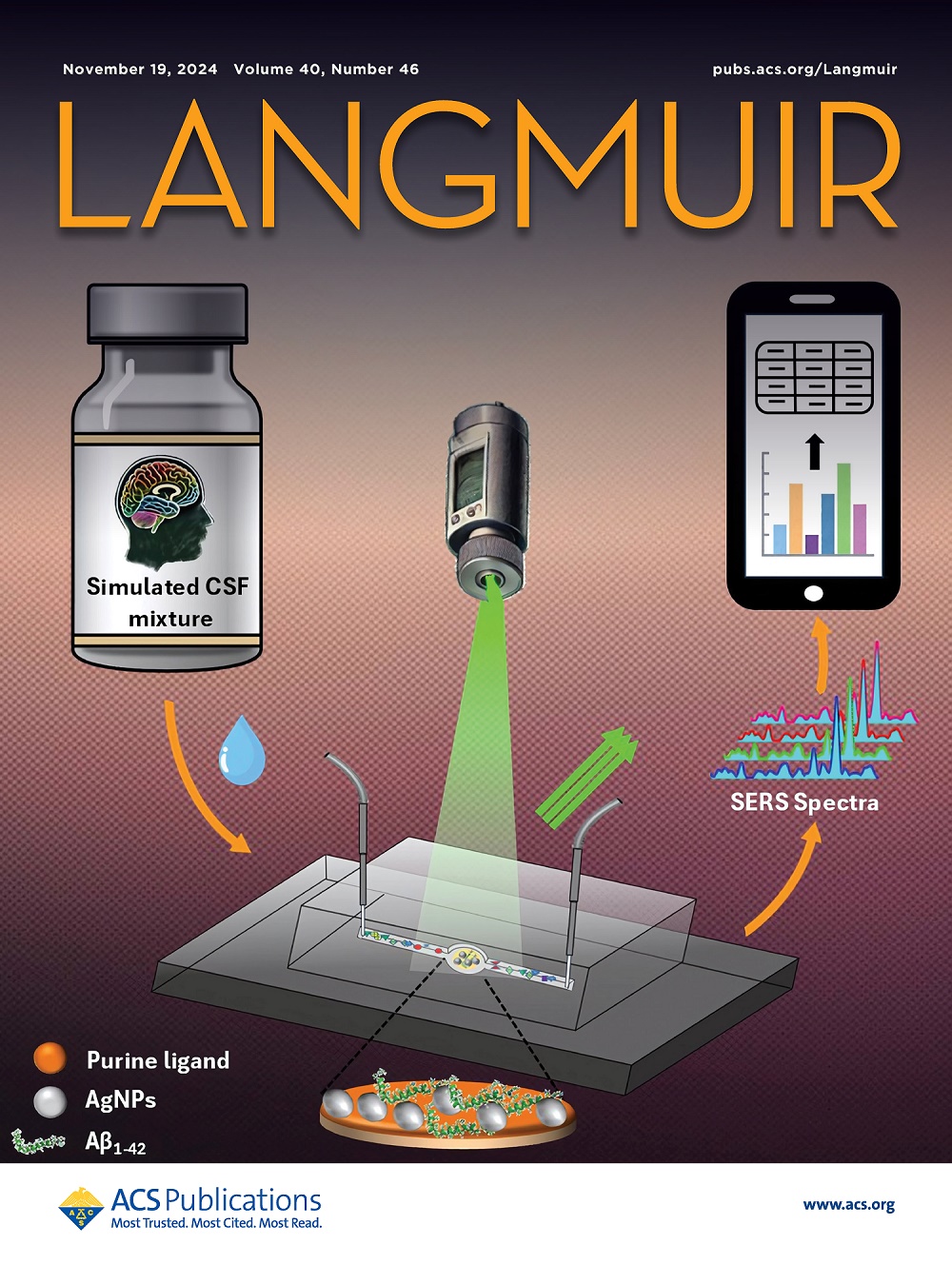Rapid Fabrication of Diverse Hydrogel Microspheres for Drug Evaluation on a Rotating Microfluidic System
IF 3.7
2区 化学
Q2 CHEMISTRY, MULTIDISCIPLINARY
引用次数: 0
Abstract
Hydrogel microspheres are considered ideal carriers with broad applications in 3D cell culture, drug delivery, and microtissue construction. Although multiple methods have been developed for generating hydrogel microspheres, there is still a lack of a universal approach that combines operability, stability, cost-effectiveness, and biocompatibility. In this work, a novel rotating microfluidic system (RMS) is proposed, which can rapidly fabricate diverse poly(ethylene glycol) diacrylate/sodium alginate (PEGDA/SA) hydrogel microspheres by motor-driven rotation of the oil phase to form a special T-shaped structure with the needle. The main part of the system consists of commercially available motors, a beaker, and needles that do not require precision machining and are user-friendly with low cost. Moreover, by adjusting system parameters such as the needle structure, flow rate, and rotational speed, the platform enables rapid fabrication of hydrogel microspheres with different sizes and diverse cores, including crescent, thick wavy, oval, and spherical. Furthermore, tumor cell-laden hyaluronic acid methacrylate/sodium alginate (HAMA/SA) hydrogel microspheres were fabricated by using this system, which demonstrated good cell viability and proliferation in the subsequent 3D culture. In vitro drug evaluation of tumor models using cisplatin revealed the potential of this system for drug evaluation. These results indicated that RMS has good potential in other 3D cell culture-based biomedical applications.

求助全文
约1分钟内获得全文
求助全文
来源期刊

Langmuir
化学-材料科学:综合
CiteScore
6.50
自引率
10.30%
发文量
1464
审稿时长
2.1 months
期刊介绍:
Langmuir is an interdisciplinary journal publishing articles in the following subject categories:
Colloids: surfactants and self-assembly, dispersions, emulsions, foams
Interfaces: adsorption, reactions, films, forces
Biological Interfaces: biocolloids, biomolecular and biomimetic materials
Materials: nano- and mesostructured materials, polymers, gels, liquid crystals
Electrochemistry: interfacial charge transfer, charge transport, electrocatalysis, electrokinetic phenomena, bioelectrochemistry
Devices and Applications: sensors, fluidics, patterning, catalysis, photonic crystals
However, when high-impact, original work is submitted that does not fit within the above categories, decisions to accept or decline such papers will be based on one criteria: What Would Irving Do?
Langmuir ranks #2 in citations out of 136 journals in the category of Physical Chemistry with 113,157 total citations. The journal received an Impact Factor of 4.384*.
This journal is also indexed in the categories of Materials Science (ranked #1) and Multidisciplinary Chemistry (ranked #5).
 求助内容:
求助内容: 应助结果提醒方式:
应助结果提醒方式:


